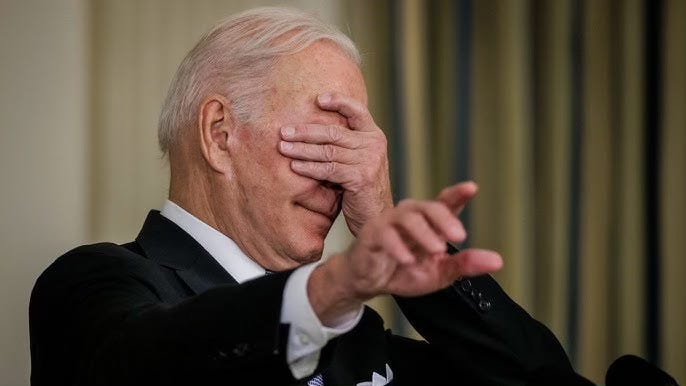Biden's playing dominoes
Featured contributor Prof. Josef Mahoney on #bloomberg about Biden's decision to add #tencent and #catl among others to military blacklist and international media hype about HMPV in China.
Parting Shots
The Biden Administration has been steadily advancing its anti-China agenda in its waning days. It remains to be seen whether this is toTrump-proof Biden's decoupling efforts, or to contribute overall to anAmerican strategy that some argue has it roots in the late Obama Administration, with Trump having previously played as role as well, pre…



